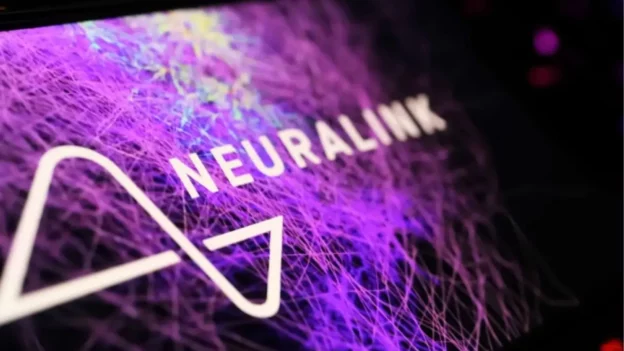The neurotechnology company, Neuralink, had successfully performed the first human brain chip implantation. However, the company has reported some changes and failures in the operator, which do not compromise your health.
The failure of the first human brain chip implant
Noland Arbaugh is known for being the first human to receive such an implant and for being part of the “Prime” study that evaluates the safety of these devices. However, two months after the official installation, it is not working properly. This incident coincides with the resignation of one of the company’s co-founders, who cited “security” concerns.
Arbaugh, who lost most of his mobility due to an accident eight years ago, was chosen by Musk as the first recipient of the Neuralink brain implant . Now, at 29 years old, he carries one of the company’s prototypes, designed to connect the human mind with machines, thus facilitating greater independence for people in his situation.
Neuralink has developed a brain-computer interface that could allow people with paralysis to control external devices with their minds. The system, called Link, uses 1,024 electrodes distributed in 64 extremely thin threads, capturing neural signals with high precision.
FDA involvement
Although the implantation was initially reported to have been a success, recent updates indicate that a number of threads have become detached from Arbaugh’s brain , reducing the number of effective electrodes. This has affected the system’s ability to accurately monitor neural signals. In response, Neuralink has adjusted its recording algorithm and improved its user interface to compensate for the limitations that have arisen.
Although the possibility of removing the implant has been considered , the company has assured that the current problem does not compromise Arbaugh’s safety . The company has informed the Food and Drug Administration (FDA) about the problems found and proposed solutions, although the FDA has not yet commented on them.
The FDA approved testing of these implants in humans, for June 2024, after a series of tests in monkeys. The company’s goal for this year is to implant the device in ten people and continue expanding the project.

The first tests of the chip. Source: Neuralink.
Among the statements by Benjamin Rapoport, neurosurgeon co-founder of Neuralink, he revealed in the WSJ podcast “The Future of Everything” that he left the company to found his own company, Precision Neuroscienc e. In addition, he cited some safety concerns as the main reason for his resignation, emphasizing the importance of health in medical devices and the potential damage they can cause to the brain when they are reinserted.
Follow us on social networks and don’t miss any of our publications!
Inspenet.com YouTube LinkedIn Facebook Instagram X
Source: Neuralink
Photo: Shutterstock

